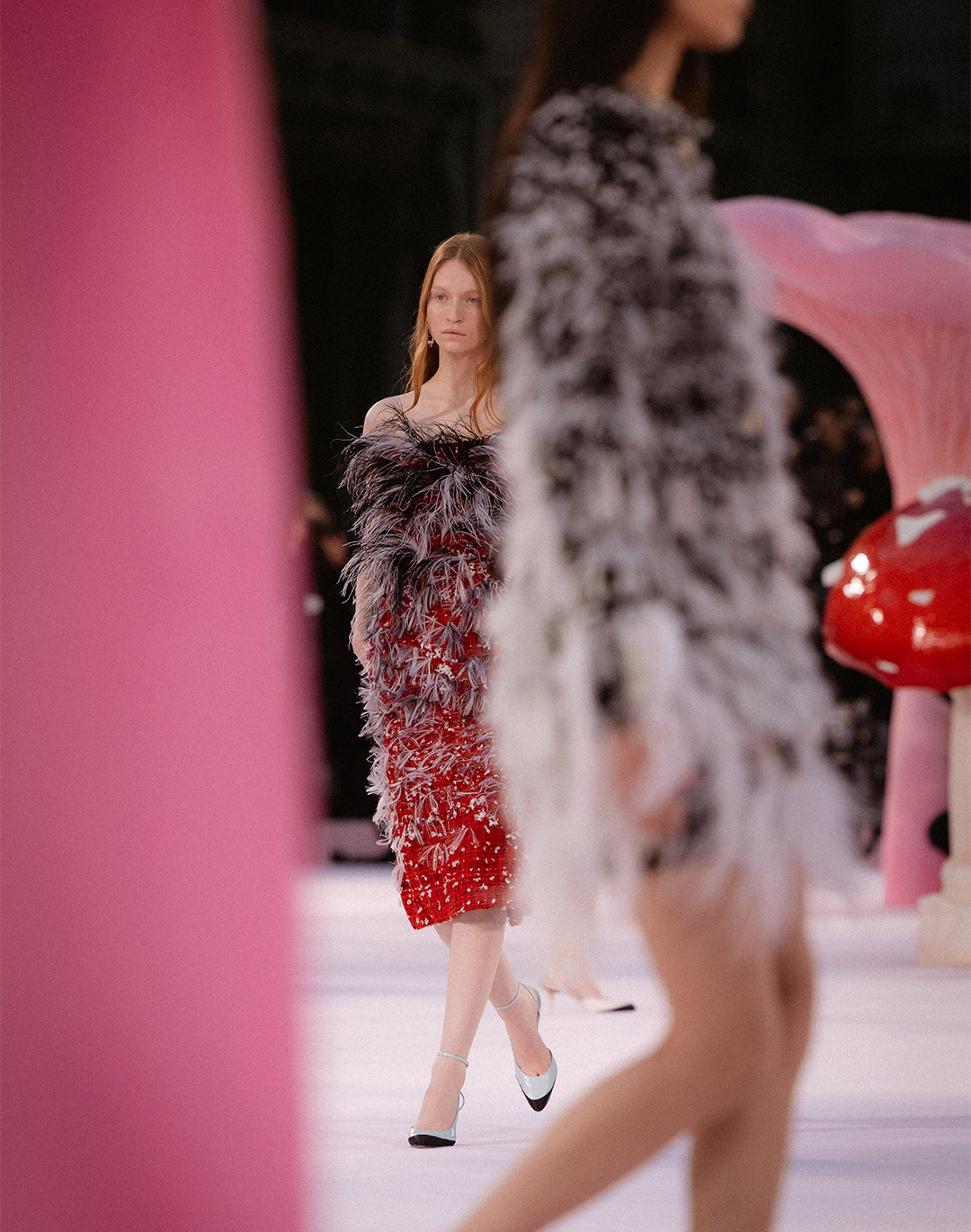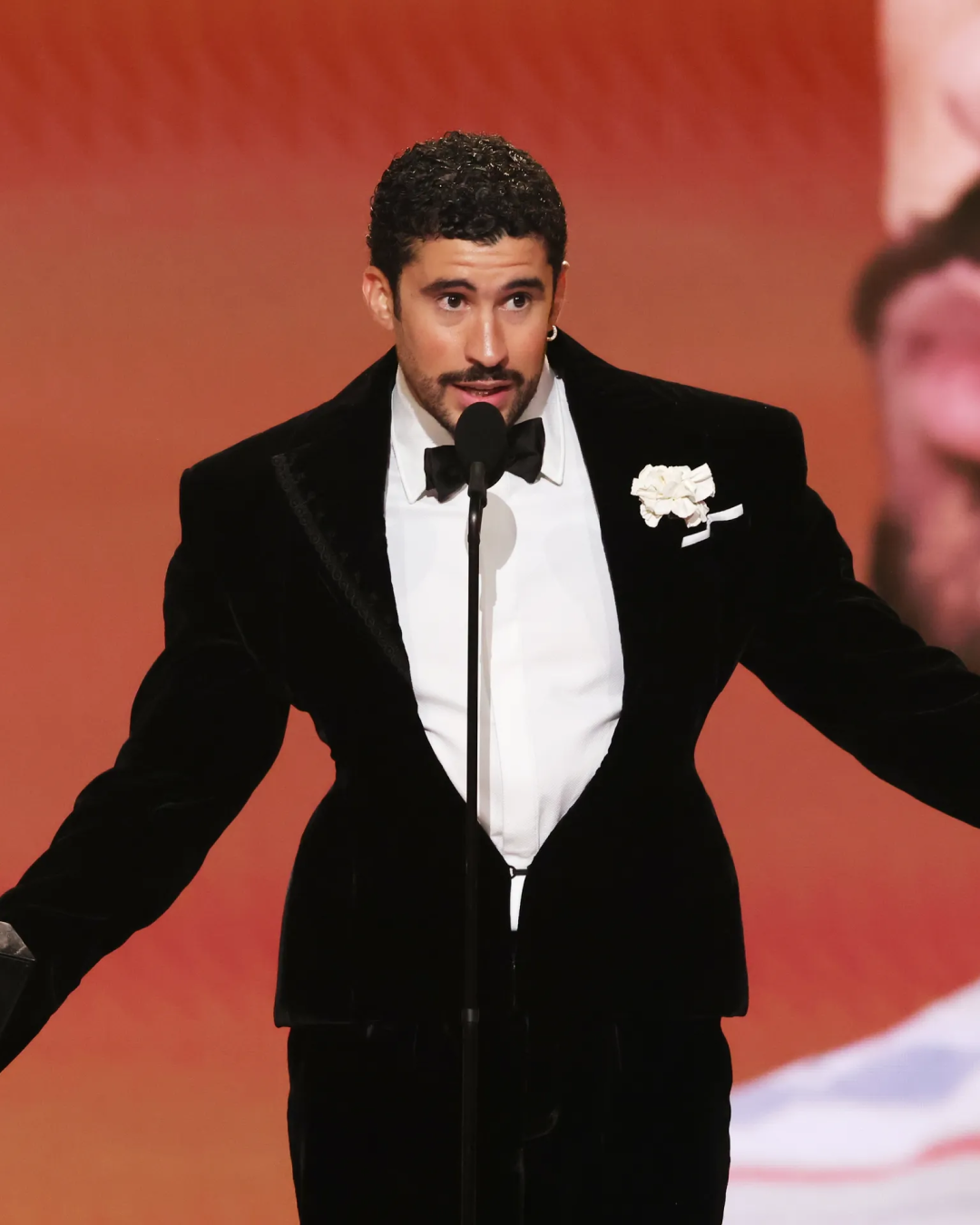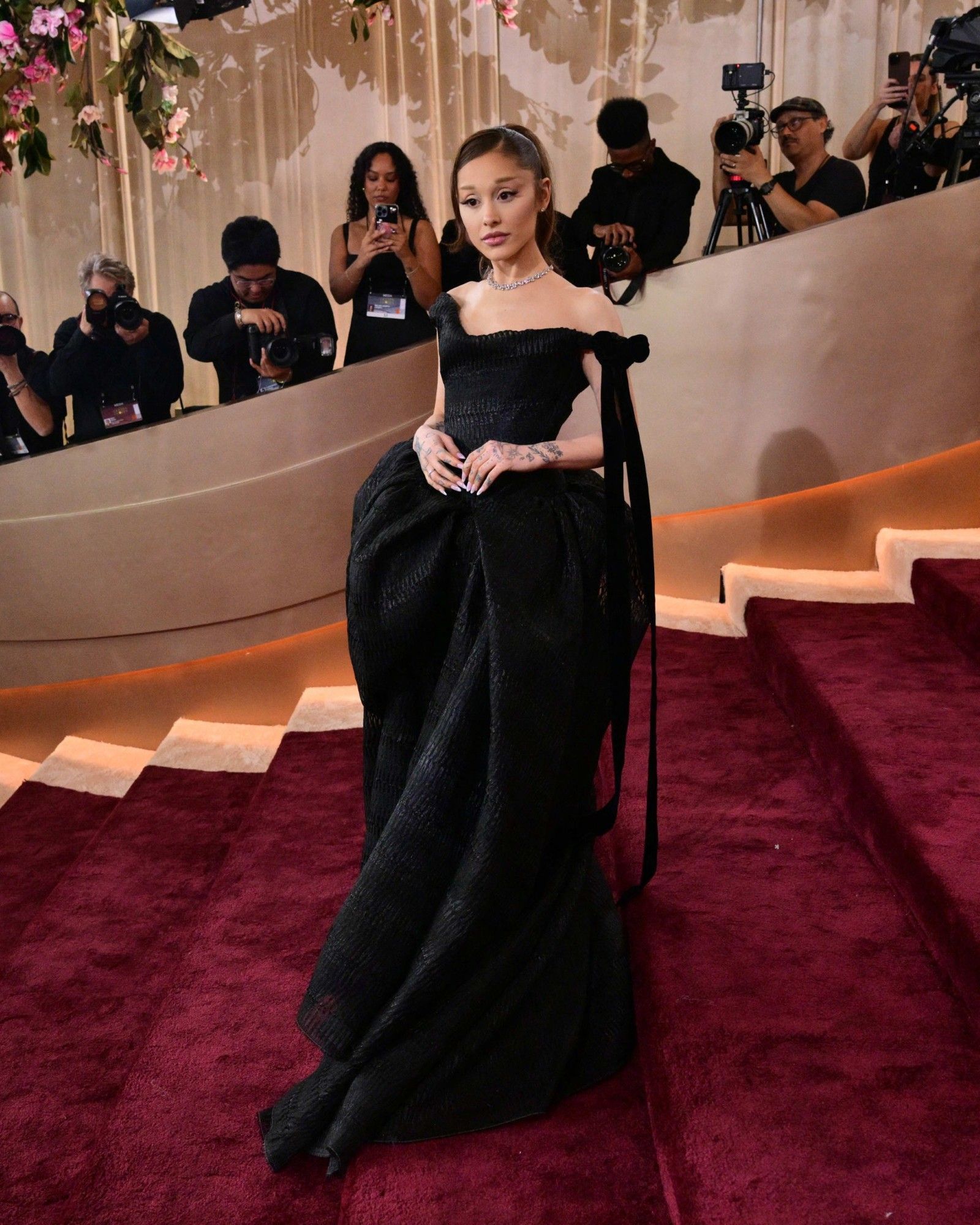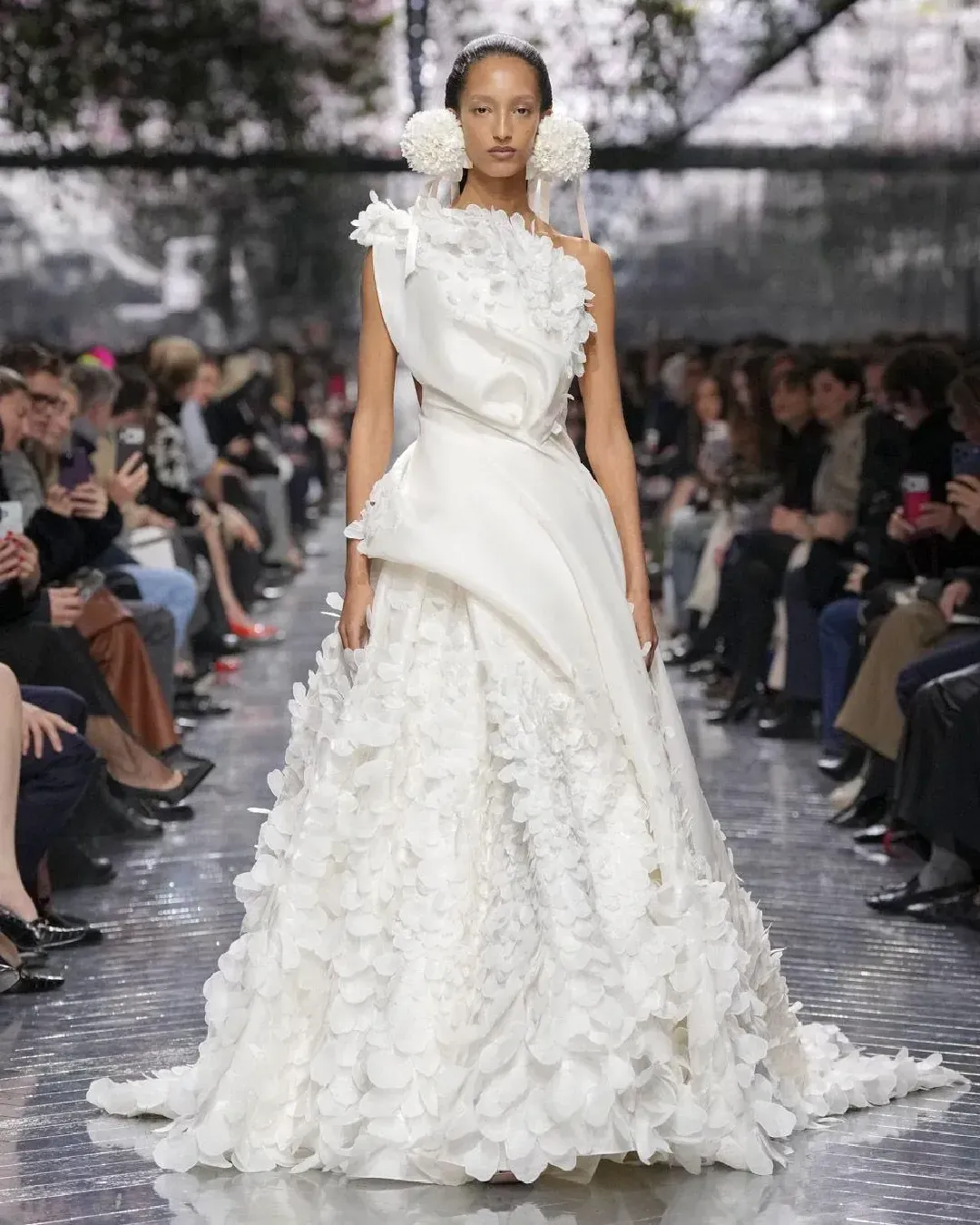
Can fashion critics and designers be friends? Cathy Horyn, parading journalists and an objectivity imbalance
Last week, at Paris Fashion Week, Balenciaga creative director Demna invited a line of models out of the ordinary to walk his show. It was a deeply personal cast, from the designer's mother to fashion critic Cathy Horyn. What was a viral social media moment at first, quickly started a debate on whether fashion journalists should walk shows or even be friends with designers. In a time of advertisers glorification, is having a close relationship with a designer even avoidable? Generally, objectivity has always been one of the main prerequisite for a journalist, as it helps guarantee a certain level of fairness, interest and faculty as well as non-partisanship. Clothes are something so deeply personal that it is hard to blend out one’s own opinion when it comes to reporting on shows, which is why the profession of a fashion critic brings into question the issue of detachment from personal preference. When it comes to general journalism, you should be objective when you report on crime, politics or natural disasters – but do we really need that when it comes to fashion?
#balenciaga casting fashion industry insiders like Diane Pernet (A Shaded View of Fashion), Cathy Horyn (fashion critic) and Miren Arzalluz (Curator at Palais Galliera) for SS24 pic.twitter.com/lH9tErwq2g
— Caroline Issa (@CaroIssa) October 1, 2023
Cathy Horyn is one of the most famous fashion critics in the world. Her name is very often associated with that of Robin Givhan, another American fashion critic who was also the first fashion critic to ever win the Pulitzer Prize. So, when Horyn walked the Balenciaga catwalk, it felt a little deeper than “just having fun”. Balenciaga is in the process of rebuilding the brand since it went under fire back in 2022, so taking part in one of its show represents in a way a political statement within the fashion system. «Obviously, Balenciaga has always played with surveillance culture. They are about subverting the gaze – that is the attraction. And there is no one who has a bigger gaze than the media. It is just quite iconic to send a fashion critic down the runway in that context. From their side, it is just satire, because she is the gaze,» says Lucy Broome, an arts and culture journalist. «Of course, she is now older and established – if they would have done that back in the day when she was younger, it would have said something entirely different than it says now.»
Robin Givhan on the role of a critic:
— Hunter Schwarz (@hunterschwarz) May 16, 2023
“I think sometimes people confuse the idea of criticism with having an opinion. … I think that really good critics adhere to the tenets of journalism” pic.twitter.com/bZvtYQDQnb
Horyn's career started out way back when fashion critique was actually a profession, before brands and publications started shying away from objective opinions in favour of advertisement reviews. Over the years, fashion critique got less acceptable – and with conglomerates like LVMH and Kering rising to power, they started to eliminate critics from their shows. If you wrote something negative about a brand, your invitation was simply withdrawn. British journalist Suzy Menkes once famously got blacklisted by Dior, an LVMH-owned brand, after criticising one of their shows. «Generally, it is an inescapable thing – the 90s is not now. Back then, critique was more accepted, and you don’t see that tone of critique now. Even the s*it shows that I see, people just gush over it. You don’t see the actual backlash in a newspaper or a magazine. I can’t think of anyone who is a critic now,» says Broome. Magazines choose what they want to see. For example, with the coverage for the latest Mowalola show, barely anyone dared to mention that the show featured some controversial designs and it ended with a song by Ye. Everyone just talked about the potential trends from the collection.
In fashion, people barely have a work-life balance, as you live at work, you work to live. The boundaries between your personal and your professional life become non-existent, your friends work in the same field as you, so all you ever talk about in your free time is – you guessed it – fashion. When you look on social media, you see journalists praising their favourite brands, and very often you'll find that they are friends with the designer. For example, the influencer turned journalist Brenda Weischer, AKA Brenda Hashtag, is friends with Peter Do, as she has known him for a long time. «I think being friends with a fashion designer directly affects your ability to critique their work and such. You can’t be 100% objective about it. I think it’s best if a journalist is friends with a designer and that they aren’t allowed to do reviews of their friend’s work,» says Odunayo Ojo, also known as Fashionroadman. This is how Weischer does it – she supports her friend, rather than reporting on his shows – and that is what her audience appreciates. In 2023, the line separating personal relationships and objective critical thinking is not easily defined. Some readers may still enjoy a ruthless fashion show review, a breath of fresh air in a system that has sidelined objectivity, while others happen to prefer hearing personal details of some of the most famous fashion insiders, perhaps a hint to the current imbalance of power between media and brands.














































